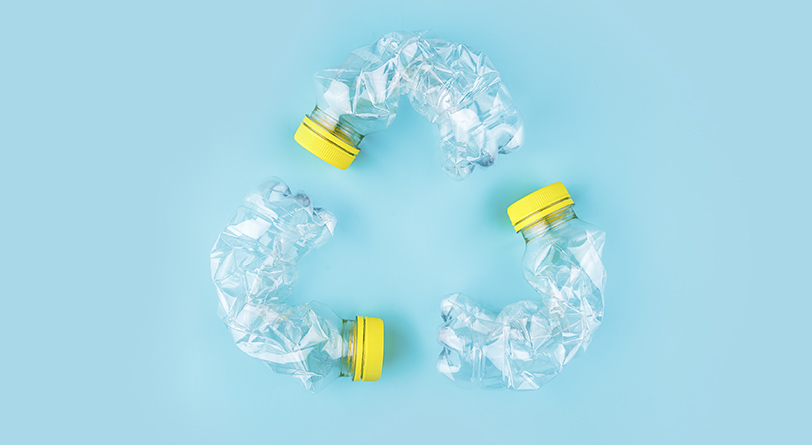The Flexible Packaging Association (FPA) recently responded to an ABC News segment on plastic recycling, saying people need to stop vilifying plastic bags and packaging.
The nearly 30-minute program—“Trashed: The Secret Life of Plastic Recycling”—primarily looks at the recycling of plastic bags in the United States. By using electronic trackers placed in bags, the news organization followed where the bags went, including landfills and incinerators.
“The investigation isn’t about plastic bags or even plastic packaging—it is about the current U.S. recycling system,” says FPA, the Maryland-based trade association.
The United States has more than 20,000 different municipal recycling programs that are based on the value of the materials being collected and recycled, FPA says.
“This value changes with market conditions, and when it does, some products destined for recycling are diverted to disposal instead,” FPA adds. “Also, until recently, much of that value was in exporting our recyclables overseas. Because of these foreign markets, governments running the recycling programs here in the U.S. did not invest in the infrastructure needed to manage our own recyclables. When China—the biggest importer of U.S. recyclables—stopped accepting them, the markets collapsed.”
FPA also points out that plastic bags and film have never been accepted at traditional material recovery facilities through curbside collection of recyclables. Store drop-off programs for bags—which are the center of the news report—were created so other store materials could be added in, such as pallet wrap and shipping materials, to add value.
“Is it a perfect system? Perhaps not, but it is the system we have. And just like our curbside systems, unless and until the needed investment is made in modernizing our recycling systems across the board, not all the items collected for recycling will ultimately get recycled,” FPA says. “We need to stop vilifying plastic bags and packaging and start investing in the operational, structural, and financial challenges facing recycling in the U.S. today.”
FPA says extended producer responsibility (EPR) approaches will help, as well as advanced recycling technologies, which are currently used for industrial recycling and waste management. Four states have implemented EPR laws so far.
“A fully developed system would include curbside collection options for flexible plastics, removing the need for consumers to bring piles of plastic bags and films to store drop-off locations,” FPA says.
The ABC News segment aired on May 24.
